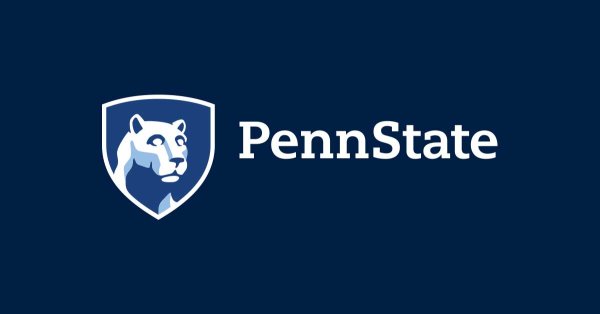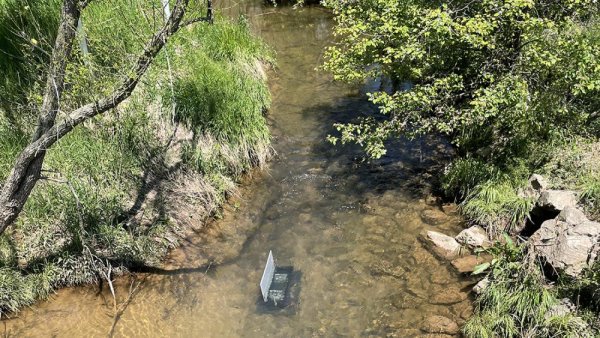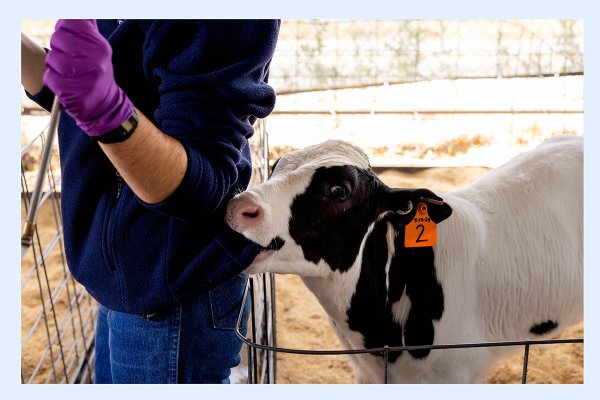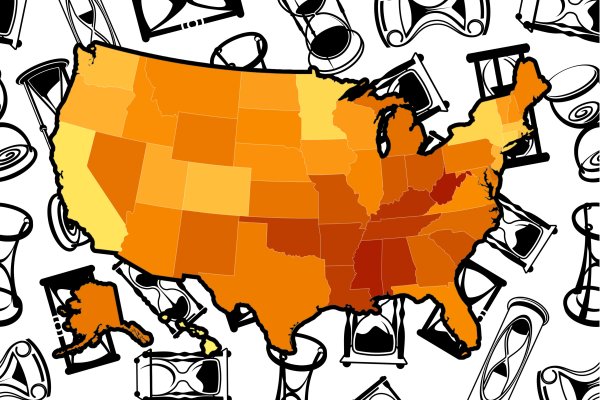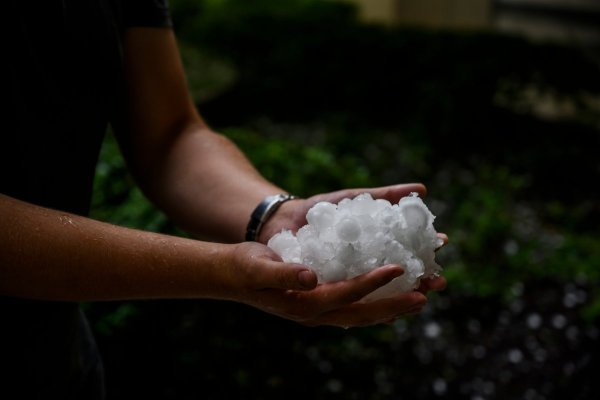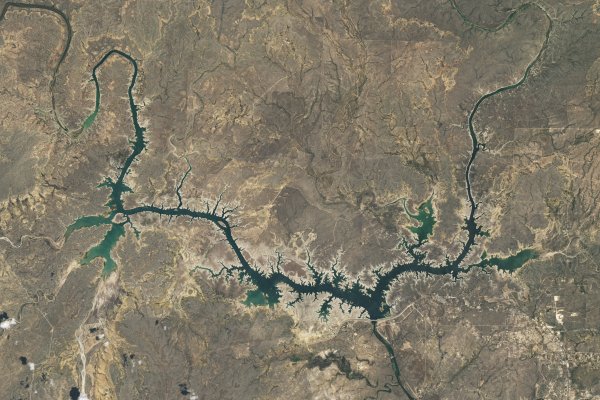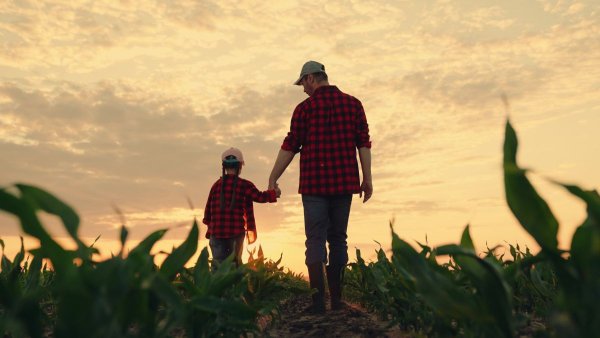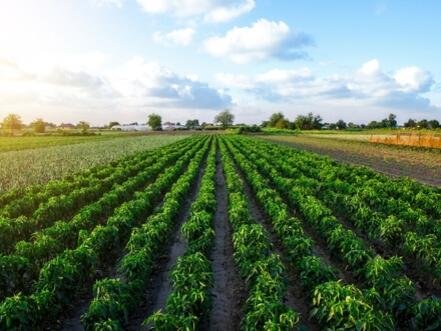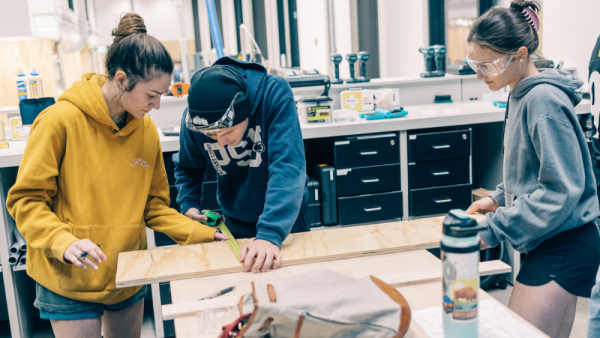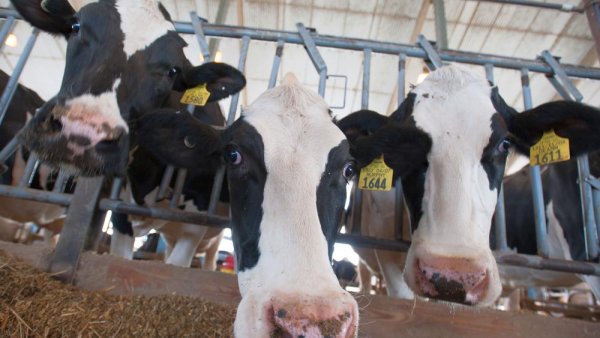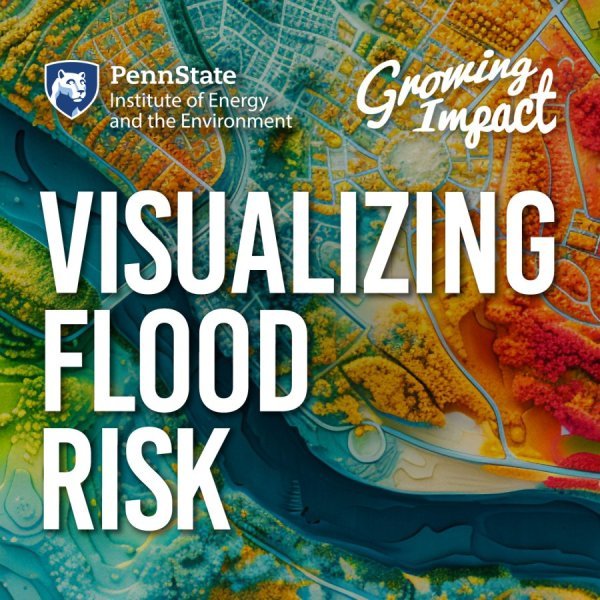Seminar series to be held on biostatistics, epidemiology, research design methods
| psu.edu
Penn State Clinical and Translational Science Institute announces its Biostatistics, Epidemiology and Research Design Research Methods Seminar Series schedule for the fall semester. The series features lectures on fundamental research methods in the fall semester and covers more advanced topics in the spring semester.
USDA grant to fund project developing AI-powered database on water quality
| psu.edu
Nitrate, a common chemical compound that occurs naturally and is found in plants, water and soil, can break down into molecules harmful to human, animal and ecological health and accumulate as a pollutant. Nitrate contamination in streams, lakes and estuaries is a critical problem in many agricultural watersheds, but water-quality data is limited, making monitoring stream health and making management decisions difficult, according to researchers at Penn State. To enhance available data, the U.S.
Scientists may have found a radical solution for making your hamburger less bad for the planet
| washingtonpost.com
Scientists are studying how to genetically modify the makeup of cows’ gut microbiomes to prevent their planet-warming methane emissions. This article quotes Alexander Hristov, Distinguished Professor of Dairy Nutrition.
Map reveals US states with worst life expectancies
| newsweek.com
America has the lowest life expectancy of all English-speaking countries, new research has found. However, this varies significantly across the nation, with some states seeing much lower life expectancies than others. This article features Penn State research.
New study suggests climate change will make hail bigger and more costly
| washingtonpost.com
Hailstorms are by far the most costly hazard associated with severe thunderstorms. This article quotes Matthew Kumjian, professor of meteorology.
NASA image shows Texas reservoir water level after record low
| newsweek.com
The Amistad reservoir between Texas and Mexico saw its water levels drop to a record low of 1,047.15 feet above sea level on July 17. This article quotes Antonia Hadjimichael, assistant professor of geosciences.
Ben Franklin, Phospholutions and Penn State: Making historic innovations in agriculture
| happyvalleyindustry.com
It’s a win for Phospholutions and its ability to continue developing cutting-edge technology. It’s a win for Penn State to showcase public/private partnership that can rapidly build upon the success of both Penn State and Phospholutions. And it’s a win for Pennsylvania to have this amazing research lab developing technology and solutions that will fuel additional entrepreneurial outcomes and drive economic impact to our Commonwealth.”
Penn State researchers developing robotic precision pesticide sprayer
| newsbreak.com
Researchers at Penn State are developing a robotic precision pesticide sprayer capable of targeted application while minimizing unintended exposure. This article quotes Long He, associate professor of agricultural and biological engineering.
OriginLabs now offers free makerspace memberships to University Park students
| psu.edu
Makerspace Memberships at OriginLabs are now available at no cost to undergraduate and graduate students enrolled at University Park. To register for a free student Makerspace Membership, visit the OriginLabs website and fill out the Free Student Membership registration form.
Stuckeman School’s landscape architecture department expands faculty
| psu.edu
The Stuckeman School's Department of Landscape Architecture has welcomed three new assistant professors to its faculty for the fall 2024 semester.
Lisa Holden named interim head of the Department of Animal Science
| psu.edu
Lisa Holden, associate professor of dairy science, has been appointed interim head of the Department of Animal Science in Penn State’s College of Agricultural Sciences.
Testing confirms that Penn State dairy herd is free of avian influenza
| psu.edu
After three weeks of testing as required under a voluntary state monitoring program for bird flu in dairy cattle, animal health experts in Penn State’s College of Agricultural Sciences announced that the University’s dairy herd has been certified as free of highly pathogenic avian influenza, or HPAI.

